

Neurodivergence refers to natural variations in how brains process information, emotions, and social interactions. In early childhood, this may include children with autism, ADHD, dyslexia, dyspraxia, or other neurological differences.
In early childhood education, behaviour is never just “bad” it’s a message. Whether it’s a child struggling with transitions, sensory overload, or unmet emotional needs, the role of educators is to respond with curiosity, compassion, and consistency. But educators can’t do it alone. Behavioural support must be systemic, accessible, and grounded in both child development and educator well-being. Across Australia, a range of behavioural support pathways exist to help services respond to challenging behaviours while upholding inclusion, safety, and dignity for all.
Early childhood educators are entrusted with the profound responsibility of nurturing and protecting young children. Yet, many educators face daily challenges when children exhibit violent behaviours like biting, hitting, scratching, or verbal aggression. While child protection is paramount, the rights and well-being of educators must also be safeguarded.
Attention Deficit Hyperactivity Disorder (ADHD) is a neurodevelopmental condition that affects a child’s ability to regulate attention, impulses, and activity levels. In early childhood settings, ADHD may present as difficulty sitting still, following instructions, transitioning between tasks, or managing emotions. With the following key strategies, educators can create environments that support learning, emotional regulation, and social development.
This foundation course is a 2-part series, provided by Early Childhood Australia, that develops an understanding of the meaning of children’s behavior, which will in turn support educators in developing strategies and teaching techniques unique for each individual child, with the overall aim of empowering children to take control.
Tantrums can be intense, unpredictable, and emotionally draining for both children and adults. But beneath the noise and tears lies something deeper: a child overwhelmed by emotion, struggling to communicate what they feel. In early childhood education and care, how we respond to these moments shapes not just behavior but also emotional literacy, trust, and long-term well-being.
In the rhythm of early childhood, emotional storms are natural. Toddlers and preschoolers are still learning to navigate big feelings, and their expressions, whether tears, tantrums, or withdrawal, are often calls for connection, not correction. As educators, our role is to be the calm in their chaos, offering warmth, understanding, and safe spaces to feel. The following article explores emotionally intelligent strategies that educators can implement to support children during moments of overwhelm, with examples.
When a child becomes violent in an early childhood setting, de-escalation isn’t just about calming the moment—it’s about protecting safety, preserving dignity, and responding to distress with relational intelligence. Here’s a trauma-informed, regulation-aligned guide to de-escalation strategies for violent behaviour in young children.
Violence from a child in an early childhood setting can be confronting, destabilising, and emotionally exhausting. For educators committed to nurturing safe, responsive environments, such incidents often trigger a complex mix of concern, confusion, and self-doubt. This article explores how educators can protect themselves, support the child, and uphold their duty of care.
Teaching young children how to use their hands for kindness rather than harm is foundational to building a caring classroom culture. At ages four and five, children are still developing self-regulation and may act out physically when emotions feel overwhelming. As educators, we can guide them toward prosocial alternatives, equip them with emotional vocabulary, and partner with families to reinforce healthy touch at home.
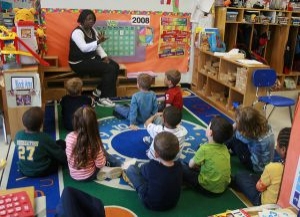 Working as a childcare professional can be a challenge especially when dealing with behavioural problems which may arise. The techniques we use when dealing with… Read More
Working as a childcare professional can be a challenge especially when dealing with behavioural problems which may arise. The techniques we use when dealing with… Read More
 There are different types of behaviour that children can display and sometimes it can be hard to manage, especially if a child is having behavioural… Read More
There are different types of behaviour that children can display and sometimes it can be hard to manage, especially if a child is having behavioural… Read More
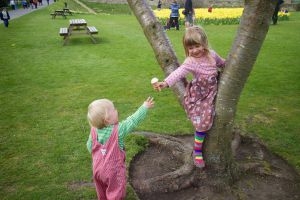 As a parent, your behavioural expectations of your child can be higher than what is actually developmentally appropriate for your child's age.
Read More
As a parent, your behavioural expectations of your child can be higher than what is actually developmentally appropriate for your child's age.
Read More
 As Educators, there will be many instances where you will need to write about a child's behaviour. For a behaviour management plan, assessments, half-yearly or… Read More
As Educators, there will be many instances where you will need to write about a child's behaviour. For a behaviour management plan, assessments, half-yearly or… Read More
 As Educators when communicating with Parents (through verbal or non-verbal communication), there will be times where we need to discuss issues or concerns that may… Read More
As Educators when communicating with Parents (through verbal or non-verbal communication), there will be times where we need to discuss issues or concerns that may… Read More
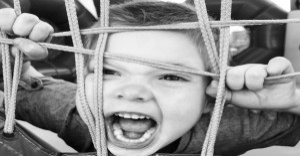 Challenging Behaviour is when a child does something that hurts themselves and/or other people.
Read More
Challenging Behaviour is when a child does something that hurts themselves and/or other people.
Read More
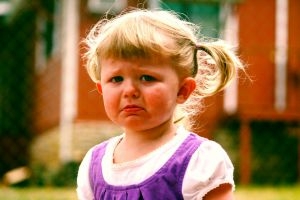 As part of your child's development it is normal for your child to have anxiety and fears. A baby commonly shows a fearful sign to… Read More
As part of your child's development it is normal for your child to have anxiety and fears. A baby commonly shows a fearful sign to… Read More
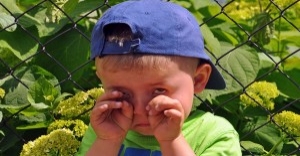 It's always difficult to bring up behavioural issues with parents, it can be nerve wrecking to tell a parent that their child misbehaves but that… Read More
It's always difficult to bring up behavioural issues with parents, it can be nerve wrecking to tell a parent that their child misbehaves but that… Read More
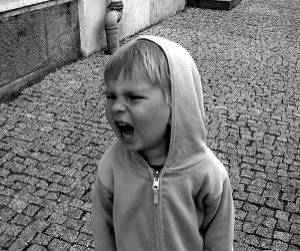 All children deal with anger on a daily basis. Thinking about it as a child, there is a lot to be angry about. Elder people… Read More
All children deal with anger on a daily basis. Thinking about it as a child, there is a lot to be angry about. Elder people… Read More
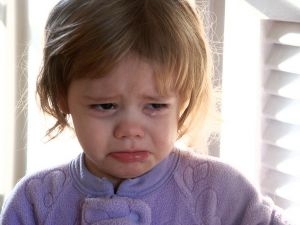 It is important to understand that your child behaviour problems could not just be from attention seeking. There are many factors to take into consideration… Read More
It is important to understand that your child behaviour problems could not just be from attention seeking. There are many factors to take into consideration… Read More
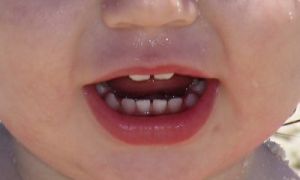
As soon as your baby's first tooth emerges and followed by the rest of the...
See more...
Kindergarten is a joyful and important year in your child’s learning journey. It builds the...
See more...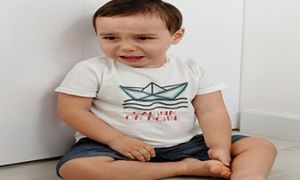
Supporting toddlers aged 2–3 years with challenging behaviors requires understanding their developmental stage and using...
See more...© 2009-2025 Aussie Childcare Network Pty Ltd. All Rights Reserved.

